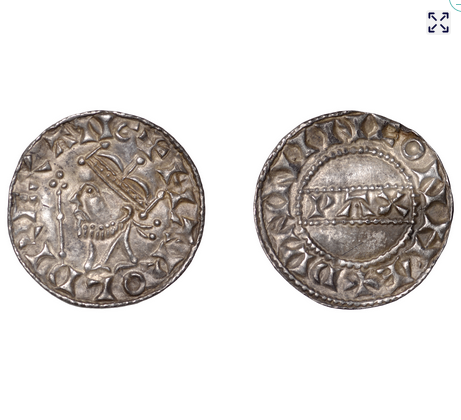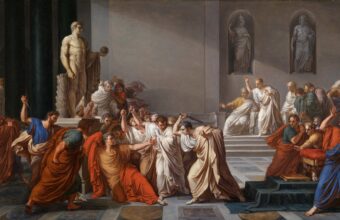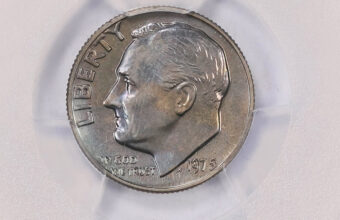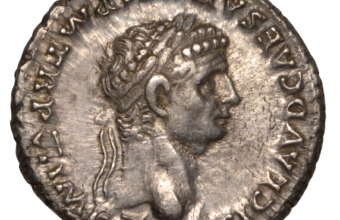Anglo-Saxon coins that may have been ditched by a fighter at the Battle of Hastings have sold at auction for £325,000 – nearly twice their estimate.
The 122 coins were found by metal detectorists in Essex.
The coins came from mints across the south of England and their date places them just before the Battle of Hastings.
That epochal event ended Anglo Saxon rule in Britain as duke William of Normandy invaded.
The sellers have speculated that the horde may have been buried before the battle by a Saxon man – of some means – who did not return from the fight.
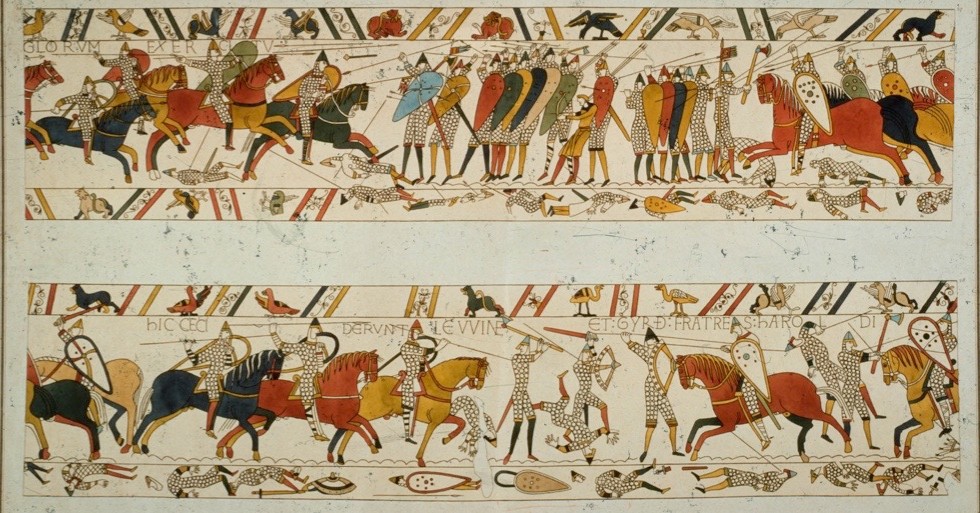
The Battle of Hastings recorded on the Norman propaganda piece, the Bayeux Tapestry.
This was a substantial and significant find and went into the sale on Febraury 21 with an estimate of £180,000.
In the event, estimates for many individual items and the collection were well surpassed.
A single coin went for £24,000. The Harold II “pax type with sceptre” penny had an estimate of £11,000.
A similar coin, without sceptre, and minted in Guildford went for £11,000.
In common with most such sales, the money from the so-called Braintree Horde will be shared between the finders and the owners of the land where the coins were found.
The land owners told the BBC: “We are delighted with the results which is a life-changing amount of money for the finders.”
Some of the coins should be on public view soon: Colchester Museum and the Fitzwilliam Museum, Cambridge made purchases from the horde.
Anglo Saxon coins can be valuable, though they can also be bought for hundreds of pounds.
Value is extremely dependent on condition and rarity.
A silver coin from 794 went to sale with an estimate of up to £80,000. The secret to its high value? It was minted for Ethelbert II, an East Anglian king whose short-lived reign was ended by murder, probably by rival ruler King Offa.







